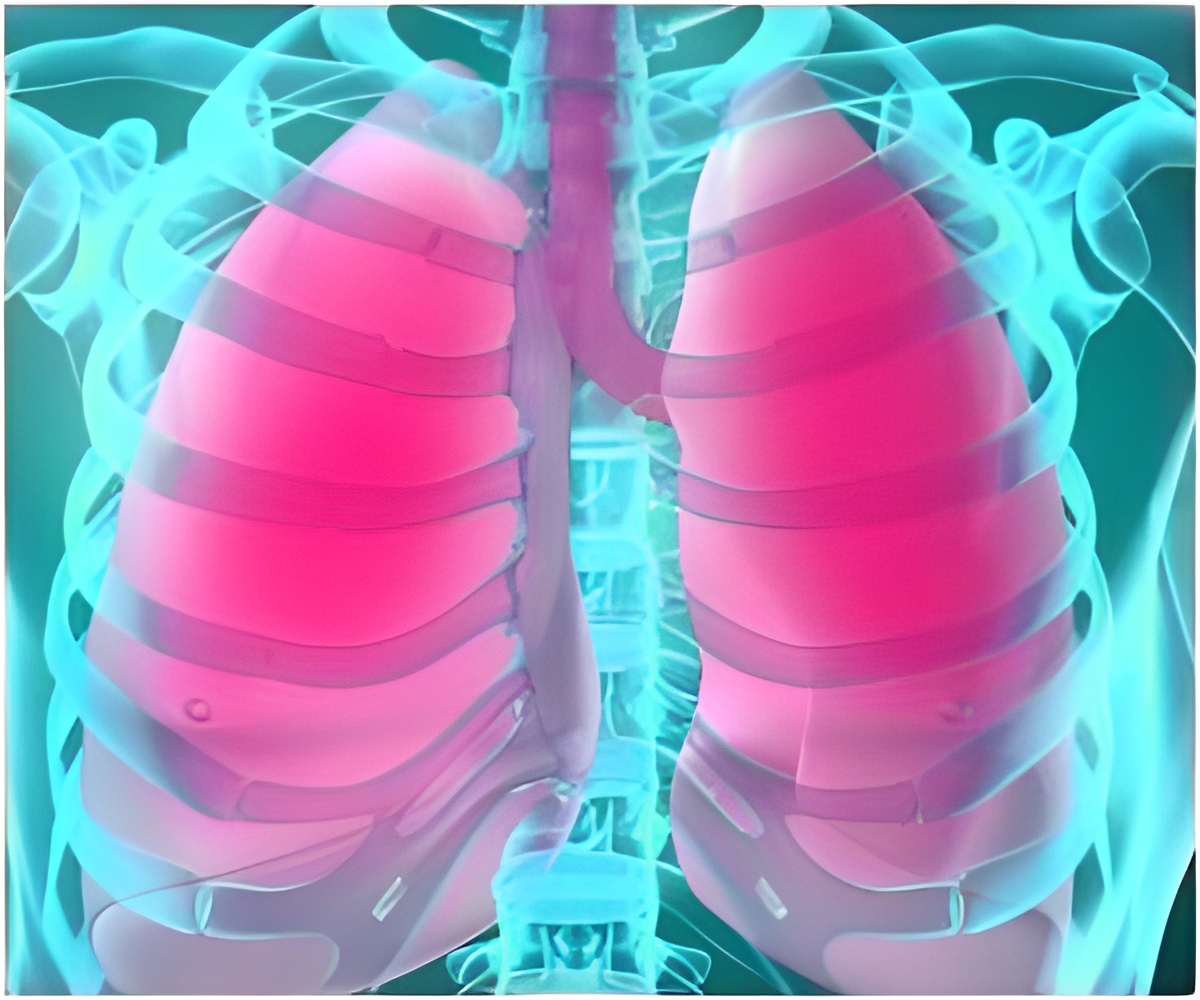In children, adenoid removal does not lessen upper respiratory tract infections such as sinusitis and colds, reveals research.

One of the main reasons adenoidectomy is performed is to reduce the incidence of upper respiratory tract infections. However, the clinical effectiveness of the procedure in children with recurrent upper respiratory tract infections is lacking, say the authors, led by Professor Anne Schilder from the University Medical Centre Utrecht.
Schilder and colleagues studied a group of 111 children aged between one and six selected for adenoidectomy, half of them were assigned to have the operation, the other half initially not.
The research took place between April 2007 and October 2010 across 11 general hospitals and two academic centres in the Netherlands. The participants were followed up for 24 months after surgery.
The results show that the children in the adenoidectomy group had 7.91 episodes of upper respiratory tract infections per person compared with 7.84 episodes in the other group. Days of absence from school or day care, and health related quality of life, was similar in both groups.
The findings also reveal that the prevalence of upper respiratory tract infections decreased over time for both groups.
Advertisement
In an accompanying editorial, Professor Kari Kvaerner from Oslo University Hospital concurs that the best way for health professionals to treat children with recurrent upper respiratory tract infections appears to be "careful follow-up and a strategy of watchful waiting."










